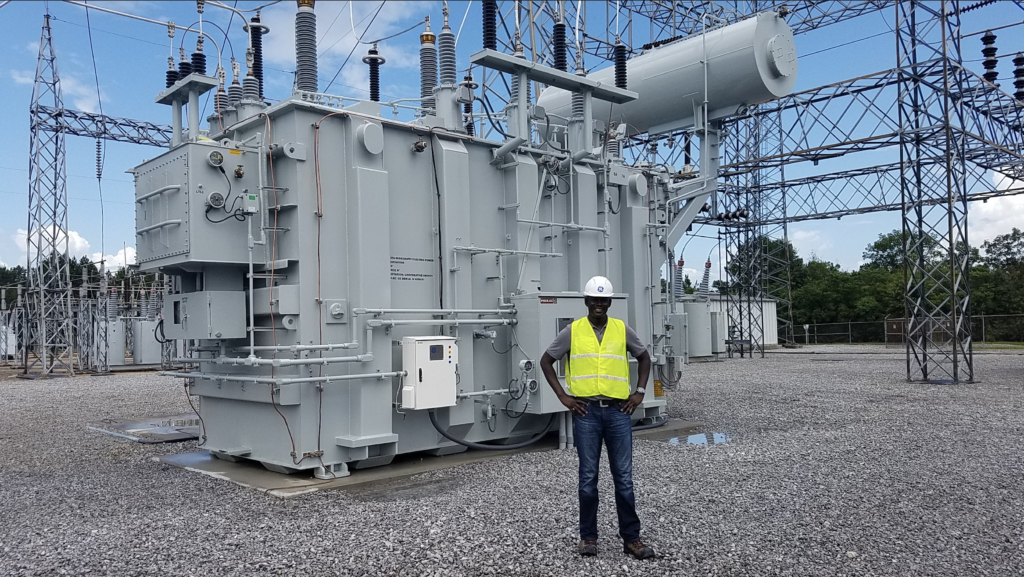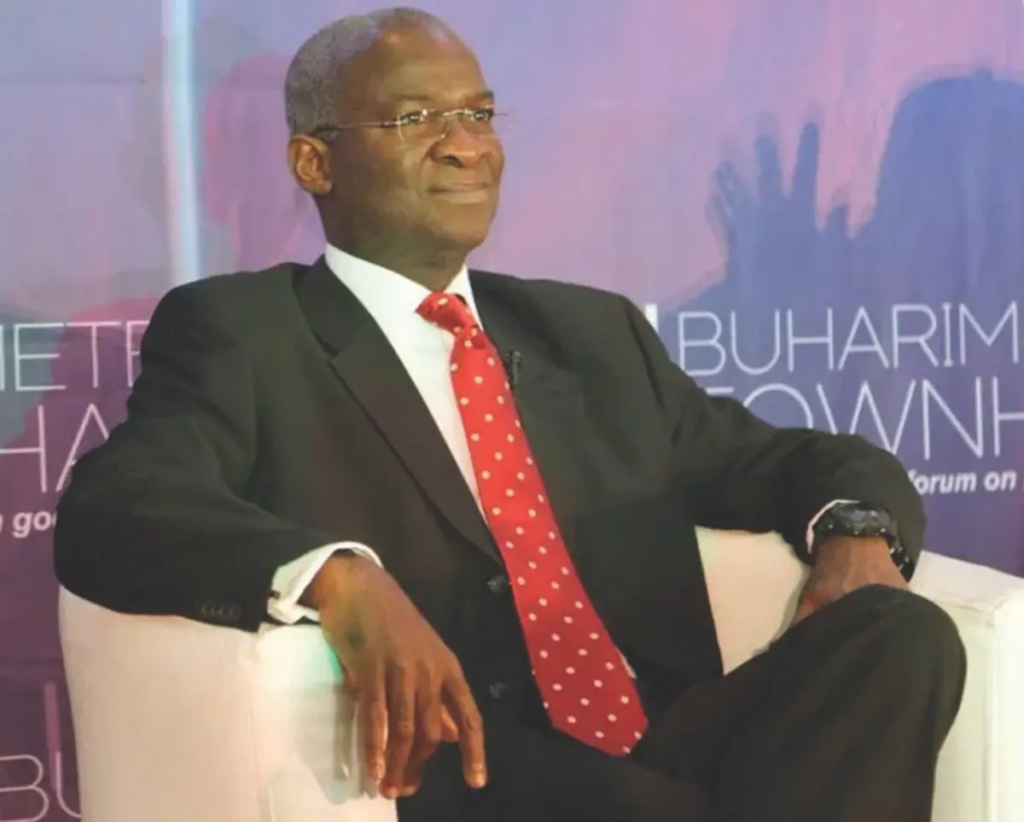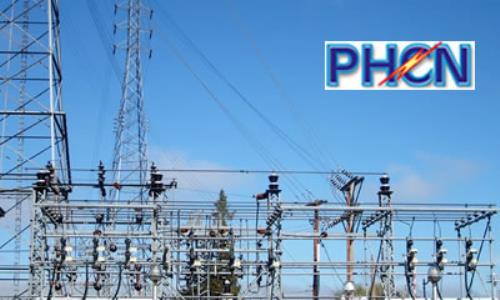It will indeed not be strange, or surprising, if Nigerians wake up one morning and hear that there is another nationwide power or grid collapse. What will however be strange or surprising to Nigerians will be to hear that grid collapse will no longer happen.
Despite a N1.52trn bailout given to Nigeria’s power sector by the President Muhammadu Buhari administration since coming to power on May 29, 2015, the country’s national grid has collapsed 98 times.
Nigeria’s available power generation capacity fell by 981.8 MW between 2015 and August 2022 despite the over N1.51tn intervention in the sector by the federal government since the current administration came on board in 2015.
A document on power generation trend between 2013–August 2022 from the Association of Power Generation Companies which is an umbrella body of electricity producers, indicated that while available power generation capacity was 6,616.28MW in 2015, it dropped to 5,634.47MW as at August 2022 thus resulting to a loss of N1.76 trn between 2015 and August 2022.

Meanwhile, data sourced from the Nigerian Electricity Regulatory Commission, NERC, indicated that the country’s power grid had been recording incessant partial and total collapse since 2015 despite the funds pumped into it.
The level of embarrassment, losses and inconveniences they have caused Nigeria and her citizens are unquantifiable.
Sadly, grid collapses which become one too many, have continued to occur with impunity because no one has been made to pay the price of an action due to negligence, lack of patriotism or sheer sabotage.

Commenting on the unfortunate recurring grid collapse in the country’s power sector, the President of Nigeria Consumer Protection Network, who served in the National Technical Investigative Panel on Power System Collapses, System Stability and Reliability in 2013, Kunle Olubiyo, stated: “The power sector lacks the required governance structure and that not much would be achieved in an electricity market that is deliberately skewed to fail and lacks the requisite governance structure, fiscal discipline and responsibility.”
Available records show that the annual capacity revenue losses in the sector in 2015, 2016, 2017 and 2018 were N214.93bn, N273.32bn, N236.47bn and N264.08bn respectively, while in 2019, 2020, 2021 and 2022 (January – August), the sector’s annual capacity revenue losses were N256.97bn, N266.10bn, N159.86bn and N88.13bn, respectively.
The losses are despite the interventions by the federal government to the power sector estimated at over N1.51tn, without commensurate available generation capacity.
There were also indications that aside from its annual budgetary allocations to the Federal Ministry of Power, the government was willing to offer a series of interventions in the sector in a bid to revamp the industry.

This however was regardless of the fact that the distribution and generation arms of the business were unbundled and officially sold to private investors in November 2013 by the President Goodluck Jonathan administration.
Experts in the sector have variously agreed that the sector’s key gaps include incomplete implementation of power sector reforms and regulations; dearth of appropriate manpower in the sector; lack of laws to stem activities of energy thieves; and absence of strong political leadership in exercising the powers.




Leave a reply